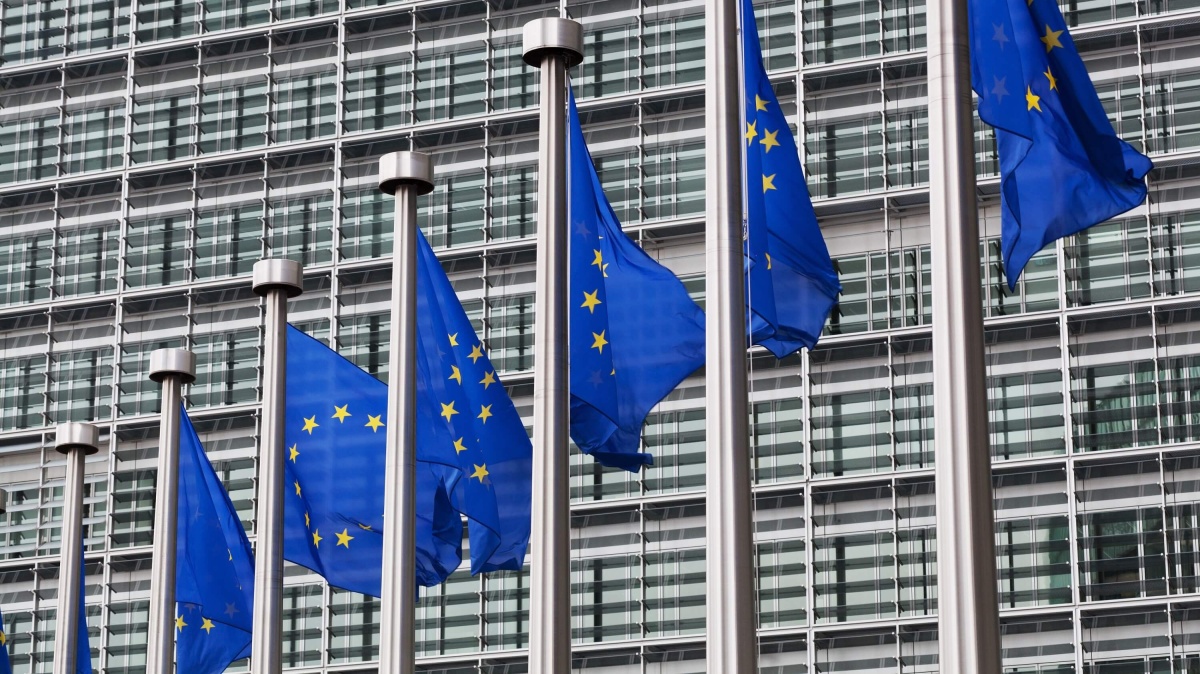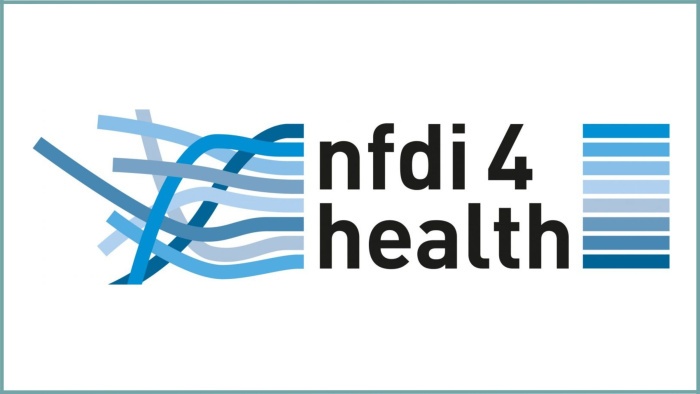European Health Data Space: More Efficient Treatments and Life-Saving Research

© Shchipkova Elena/Shutterstock.com
On April 24, 2024, the European Parliament approved the creation of a European Health Data Space, which aims to improve citizens' access to their personal health data and promote the secure exchange of data for public interest.
On Wednesday, Members of the European Parliament voted 445 in favor, 142 against, and 39 abstentions in favor of the interinstitutional agreement to establish the European Health Data Space. The agreement will enable patients to access their health data electronically, even from another member state, and allow healthcare professionals to view their patients' records with the patient's consent (primary use) from other EU countries. These electronic health records (EHRs) will include patient summaries, electronic prescriptions, medical images, and laboratory results.
The legislation allows the secure transfer of health data to healthcare professionals in other EU countries (based on the MyHealth@EU infrastructure), for example, when citizens move to another country. Health data can be downloaded free of charge.
Joint Use of Data for the Common Good with Safeguards
Furthermore, the health data space would unlock the research potential of health data in anonymized or pseudonymized form. Data such as health records, clinical trials, pathogens, health claims and reimbursements, genetic data, information from public health registries, wellness data, and information on healthcare resources, spending, and funding could be processed for public interest purposes, including research, statistics, and policymaking (so-called secondary use). For instance, the data could be used to find treatments for rare diseases where small datasets and fragmentation currently hinder progress in treatment.
To enable the secondary use of data in the European Health Data Space (EHDS) in the future, the TEHDAS2 project will develop guidelines and technical specifications for data holders, data users, and health data access points. TEHDAS2 is a joint action of the EU4Health program under a direct grant to member states for preparatory activities for the secondary use of data in the European Health Data Space (EHDS). The Federal Ministry of Health, as the responsible authority in Germany, has involved the TMF, the Research Data Center of BfArM, and Gematik in this initiative.
Secondary use will not be allowed for commercial purposes, such as advertising, insurance application assessments, credit conditions, or employment market decisions. Decisions regarding data access will be made by the national data access points.
Robust Data Protection Guarantees
The law ensures that individuals have a say in how their data is used and accessed. Patients will have the option to refuse access to their health data by healthcare professionals (unless it is necessary to protect the vital interests of the person concerned or another person) or to reject data processing for research purposes, except for certain public interest, political, or statistical purposes. Patients must also be informed each time their data is accessed and have the right to request the correction of inaccurate data.
Tomislav Sokol (EVP, Croatia), co-rapporteur of the Environment Committee, said: "The health data space can help us use the data available to us in a secure way, which will provide an important boost for research into new treatments. It will prevent treatment gaps by ensuring that healthcare professionals can access their patients' data across borders. At the same time, the opt-out option will ensure that patients have a say and that the system is trustworthy. This will be a major step forward for digital healthcare in the EU."
Annalisa Tardino (ID, Italy), co-rapporteur of the Civil Liberties Committee, said: "The health data space will improve access to healthcare for everyone. In the future, doctors will be authorized to access their patients' medical records and lab results in other regions or even in other EU member states, saving money and resources and offering better healing opportunities. We also pushed for opt-outs to ensure that patients have a say in how their data is used. While we would have liked even stronger measures, we were able to find a position that can be accepted by the majority."
Next Steps
The provisional agreement still needs to be formally approved by the Council. After its publication in the EU Official Journal, it will come into effect twenty days later. It will be applied two years later, with some exceptions, including the primary and secondary use of data categories, which will apply four to six years later, depending on the category.
With the adoption of the law, the Parliament responds to the demands of citizens, as formulated in the conclusions of the Conference on the Future of Europe. This includes Proposal 8(1), which explicitly recommends the creation of a health data space to facilitate data exchange, as well as Proposals 35(7) and 35(8) concerning data and artificial intelligence.
Further Information: Press release on the European Parliament's website


